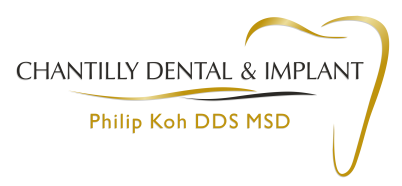Table of Contents
Can you brush your teeth too hard?
Brushing your teeth twice per day is important to keeping your teeth clean and healthy. But did you know that it’s possible to brush your teeth too hard? Too much pressure when you’re brushing can lead to damage of your gums, which cannot be reversed without surgery. Read on to learn the signs you’re brushing too hard, how to prevent it, and what to do if you notice you’ve been brushing your teeth too hard.
Signs You’re Brushing Your Teeth Too Hard
- You’ve noticed your gums are receding. It’s possible that you may have even noticed a change in your gum line. Receding gums is a telltale sign that you’re brushing your teeth too hard.
- Your teeth feel more sensitive. You may notice that certain parts of your teeth feel colder or more sensitive than other parts. This is because when your gums recede, parts of your teeth are exposed that have been covered until that point.
- Your teeth aren’t as bright near your gums. Underneath the gums, your teeth are a darker shade because those underlying “root surfaces” don’t have enamel on them (enamel is the outer-most layer on your teeth that acts as a protective covering). If your gums start receding, your teeth will look less and less white the further you go into your root surface.
How to Prevent Brushing Your Teeth Too Hard
- Use a toothbrush with soft or extra soft bristles. While some people like to use toothbrushes with medium to hard bristles, they can actually damage your gums more and cause gum recession. I recommend using a toothbrushes with softer bristles.
- Hold your toothbrush with three fingers. This reduces the pressure of the toothbrush on your gums. You don’t need to press very hard in order for your teeth to get clean. It’s the motions you use rather than the pressure that will clean your teeth. By allowing the tips of the bristles to do the work, your brushing will be more effective.
- Use an electric toothbrush. When used correctly, electric toothbrushes are a great way to prevent gum damage because they allow you to merely guide the toothbrush over your teeth. However, be careful not to use typical back and forth brushing motions with an electric toothbrush, as the motions combined with the power of the motor can wear gums away. Merely guide the brush and let it do the work! If you’d like to learn more, ask our hygienist at your next visit.
What to Do If You Think You Have Receding Gums
- Visit your dentist. Your dentist will examine your gums to see the extent of the damage. In extreme cases, we may need to consult our gum specialist (called a Periodontist) who can graft gum tissue back on to the roots of your teeth and restore your smile to its previous state.
- Use Sensodyne toothpaste to help reduce the sensitivity on the exposed roots surfaces.
Overall, it’s important to brush your teeth twice a day, but it’s just as important to make sure you’re doing it in a way that won’t harm your gums! Talk to your hygienist or dentist to see if you’re brushing your teeth in a way that will be most beneficial to your overall oral health.

